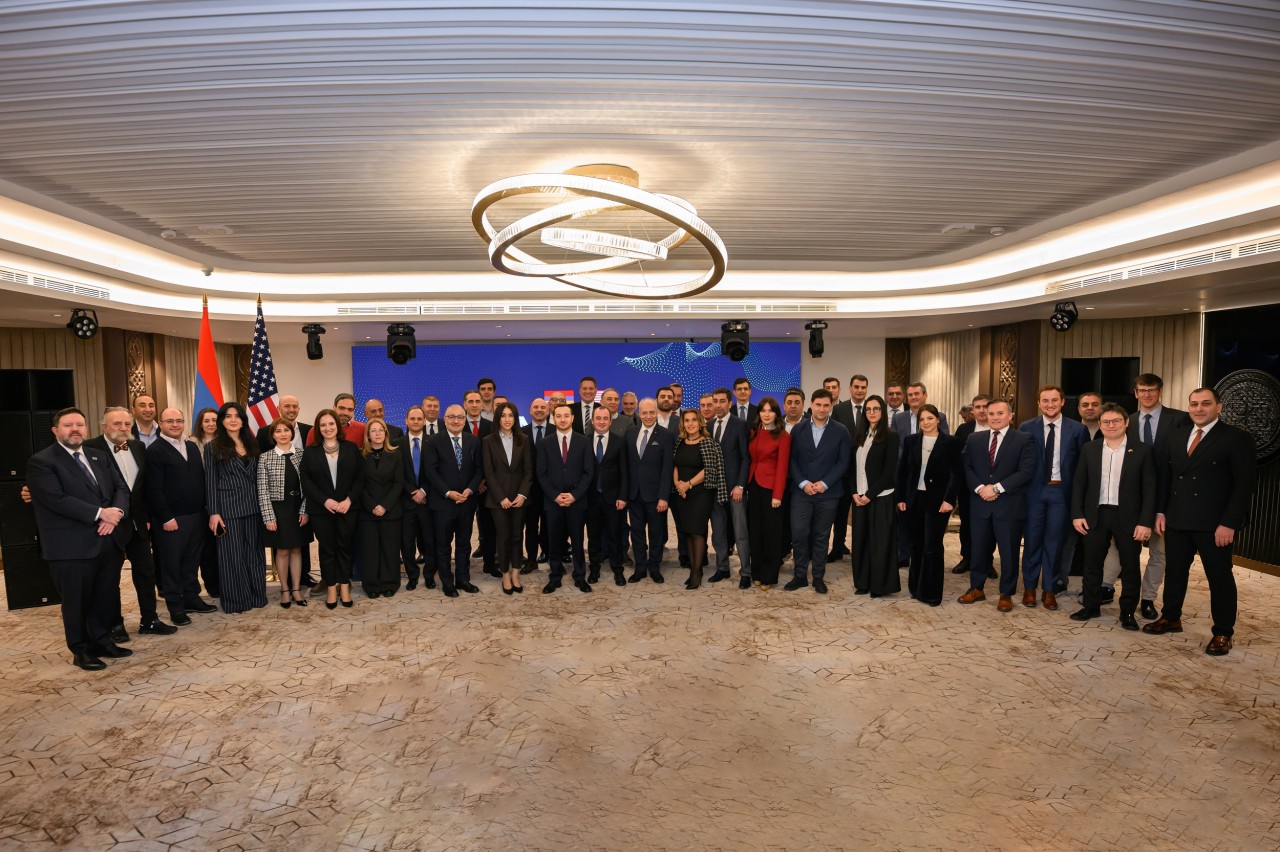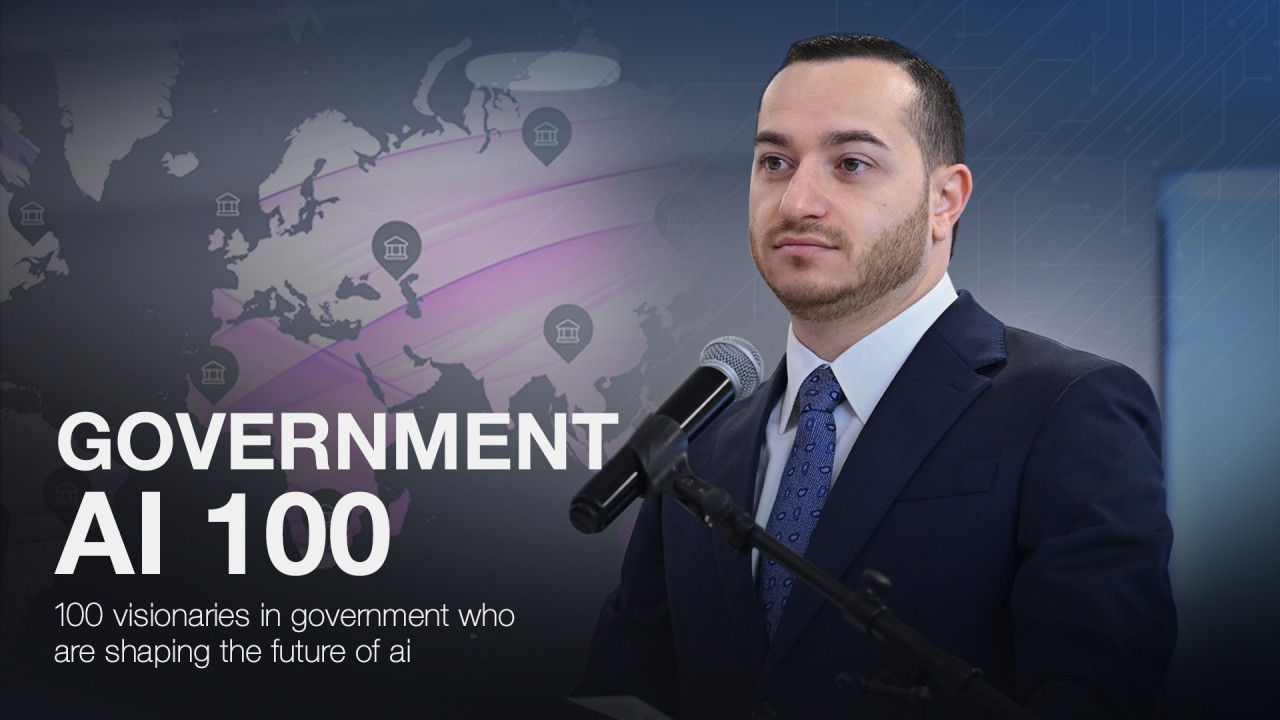The priorities and strategic perspectives of the Governments of the UNECE Member States discussed

On April 5, Gevorg Mantashyan, First Deputy Minister of High-Tech Industry of the RA took part in the virtual side event held in the lead-up to the 70th session of the United Nations Economic Commission for Europe “Horizon Scanning for UNECE: Strategic Foresight in the Age of Polycrisis”.
The First Deputy Minister presented the priorities for the Government of Armenia with respect to longer-term planning and incorporating strategic foresight in its approach to policymaking for the future.
“COVID-19 has served as a timely reminder to all of us of the necessity to invest in Research and Innovation and has reinforced the need to be united by a common endeavor to solve all current and future threats to humanity. Scientific and technological innovation is our priority.
Essentially, innovation policy does not work in a vacuum, it requires special regulations and infrastructures, assimilation of the best practices of international cooperation, to which all state efforts and political practices are directed.
The Republic of Armenia is striving to improve the quality of people’s lives and to modernize infrastructure, as well as public administration through the use and management of data. Digital transformation is one of the government’s national development goals.
The key to success is not only financial and intellectual capacity, but also networks, networks of people, and ideas spread across the globe. I would like to stress that we are open for cooperation,” Gevorg Mantashyan said in his speech.
The speakers of the event discussed the priorities and strategic perspectives of the UNECE member states’ governments. It was noted that multiple crises, from conflicts to the continuing pandemic, from increasing environmental concerns to worsening natural disasters, are transforming the Pan-European region, changing the outlook for the future. It was also noted that crises throughout history have often served as catalysts for developing and distributing new technologies, innovations, and new social organizational forms.









